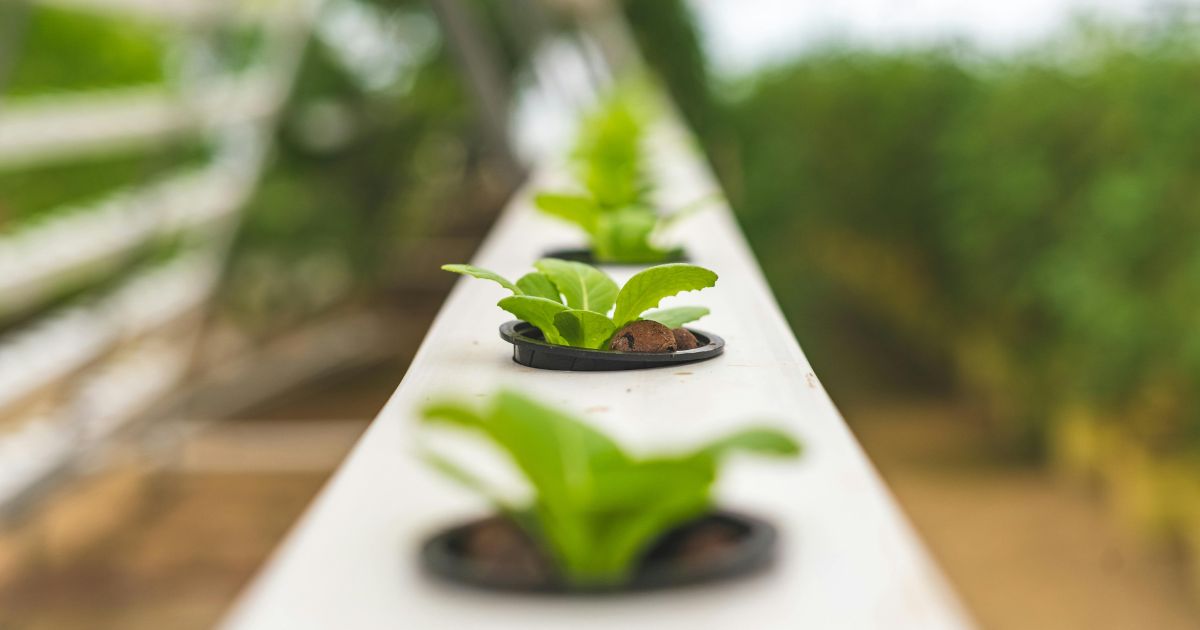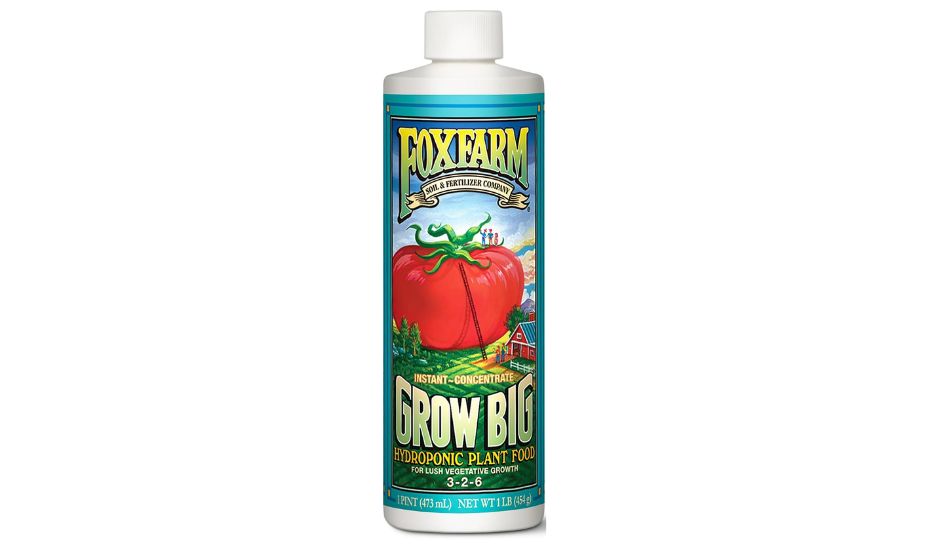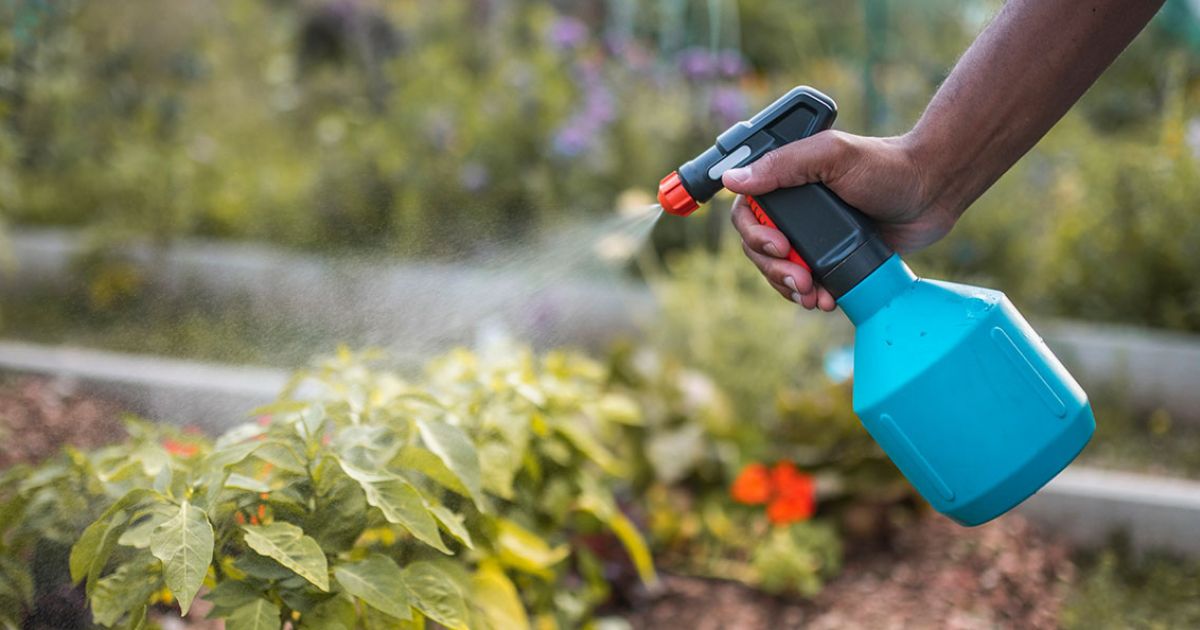
Are Hydroponics Healthy?
Hydroponics, a method of growing plants without soil, has gained popularity for its efficiency and sustainability. But are the fruits and vegetables grown through hydroponics as healthy as their soil-grown counterparts? This article dives into the health aspects of hydroponics, comparing nutrient content, environmental impact, and overall benefits.
What Is Hydroponics?
Hydroponics is a system where plants are grown in a nutrient-rich water solution, often supported by inert growing mediums like coco coir, perlite, or rock wool. This soilless method allows precise control over the growing environment, resulting in faster growth and higher yields.
Nutritional Value of Hydroponic Crops
Comparable Nutrient Levels
Studies show that hydroponic crops often have nutrient levels comparable to, or even higher than, soil-grown produce. The nutrient solution used in hydroponics can be tailored to deliver the exact minerals plants need, such as:
- Nitrogen for leafy greens.
- Potassium for fruit development.
- Calcium and magnesium for overall plant health.
Factors Affecting Nutrient Content
- Plant Variety: Different cultivars naturally vary in nutrient density.
- Growing Conditions: Controlled environments minimize nutrient loss.
- Harvest Timing: Precise control allows harvesting at peak ripeness for optimal nutrients.
Health Benefits of Hydroponic Foods
-
Freshness and Flavor:
Hydroponic produce is often grown closer to consumers, reducing transportation time and preserving nutrients and taste. -
Pesticide-Free Growing:
Many hydroponic farms use fewer or no chemical pesticides, resulting in cleaner, safer produce. -
Customizable Nutrition:
Farmers can enhance nutrient levels by adjusting the composition of the water solution. -
Year-Round Availability:
Controlled environments enable consistent production of fresh produce, regardless of the season.
Environmental and Sustainability Aspects
Hydroponics isn’t just about nutrition; its eco-friendly approach also supports sustainable agriculture.
Key Environmental Benefits:
- Water Efficiency: Uses up to 90% less water than traditional farming.
- Reduced Land Use: Grows more food in less space, perfect for urban areas.
- Minimized Soil Degradation: No soil is needed, eliminating erosion concerns.
- Lower Carbon Footprint: Local production reduces transportation emissions.
Are There Drawbacks to Hydroponic Produce?
While hydroponics offers many advantages, it’s not without limitations:
-
Cost of Production:
Hydroponic systems require significant initial investment and operational costs, which can affect pricing for consumers. -
Energy Use:
Indoor hydroponics relies heavily on artificial lighting, which can increase energy consumption. However, innovations like LED grow lights and solar power are mitigating this issue. -
Limited Crop Variety:
Certain crops, like root vegetables, are harder to grow hydroponically compared to leafy greens and herbs. -
Organic Certification Challenges:
Some regions do not recognize hydroponically grown produce as organic, despite its pesticide-free nature.
Common Questions About Hydroponics
Q: Are hydroponic vegetables less nutritious than soil-grown ones?
No, hydroponic vegetables typically have nutrient levels comparable to, or better than, soil-grown produce due to precise nutrient delivery.
Q: Is hydroponic produce safe?
Yes, hydroponic produce is safe to eat, especially since many systems avoid pesticides and harmful chemicals.
Q: Can hydroponics replace traditional farming?
While hydroponics offers many benefits, it complements rather than replaces traditional farming, as it’s better suited for specific crops and regions.
Conclusion
Hydroponic farming produces healthy, nutrient-dense, and pesticide-free food while promoting sustainable agricultural practices. Whether you’re a consumer seeking fresh produce or a grower exploring innovative techniques, hydroponics offers a promising way to meet the challenges of modern food production.



